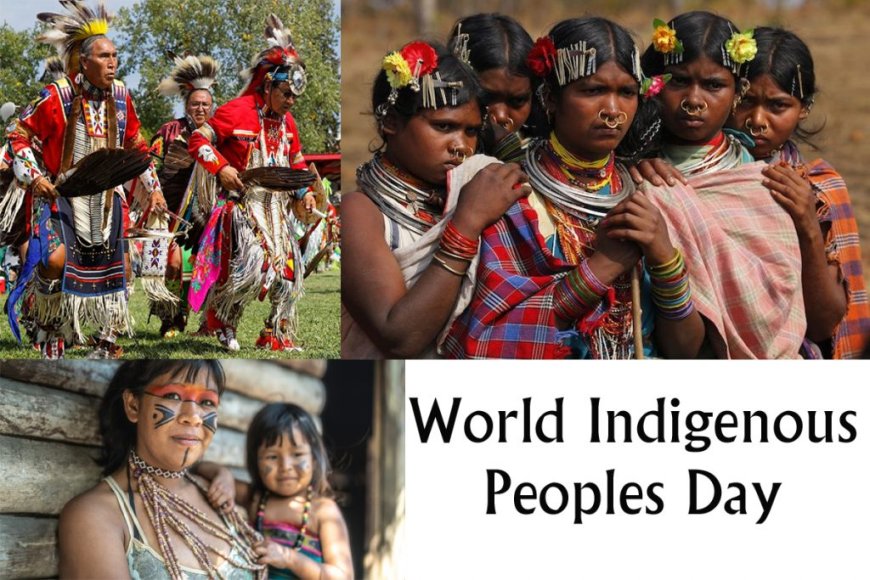International Day of the World’s Indigenous Peoples – Honoring Heritage and Identity
Observed on 9 August, this day honors indigenous cultures, traditions, and rights, promoting awareness, equality, and global cultural heritage.

Introduction
The International Day of the World’s Indigenous Peoples, observed annually on 9 August, is a global occasion dedicated to recognizing and honoring the unique cultures, traditions, languages, and rights of indigenous communities across the world. This day highlights the resilience and contributions of indigenous peoples while addressing the challenges they face in safeguarding their heritage.
History
The United Nations General Assembly first proclaimed this day in 1994, following the recommendation of the Working Group on Indigenous Populations. The date, 9 August, marks the first meeting in 1982 of the UN Working Group on Indigenous Populations. Since then, it has become a platform for raising awareness about issues such as land rights, environmental protection, and cultural preservation.
Significance
The celebration serves as a reminder of the 370 million indigenous people living in over 90 countries, representing more than 5,000 distinct cultures. These communities have deep spiritual connections to nature and play a critical role in preserving biodiversity. However, they often face marginalization, land dispossession, and threats to their cultural survival. The day calls for collective action to protect their rights and ensure their voices are heard in decision-making processes.
Reason Behind the Celebrations
The primary goal is to:
-
Promote inclusion and equality for indigenous peoples.
-
Recognize their invaluable contributions to world heritage.
-
Address issues like poverty, health disparities, and discrimination.
-
Support the preservation of languages and traditions at risk of disappearing.
Cultural Activities & Global Observances
Across the world, this day is marked by:
-
Storytelling and cultural performances showcasing indigenous music, dance, and art.
-
Workshops and seminars on rights, environmental issues, and sustainable development.
-
Exhibitions displaying traditional crafts, textiles, and tools.
-
Community-led nature conservation activities, reflecting indigenous environmental wisdom.
These celebrations strengthen pride in identity and foster cross-cultural understanding.
Working Towards Change
Governments, NGOs, and international organizations collaborate to improve access to education, healthcare, and legal protection for indigenous peoples. Digital platforms are also used to share knowledge and connect communities globally.
Conclusion
The International Day of the World’s Indigenous Peoples is more than just a celebration—it’s a commitment to respect, protect, and promote the rights of communities that embody humanity’s cultural richness. By acknowledging their wisdom and traditions, the world takes a step towards a more inclusive and sustainable future.

 Ellofacts
Ellofacts 





